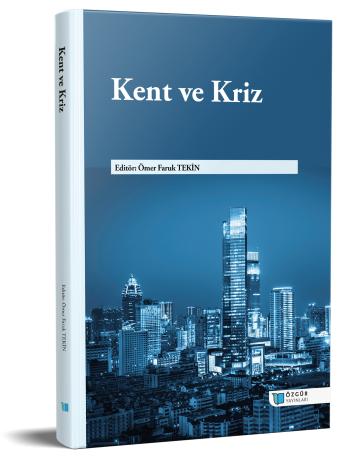
Inter-City International Cooperation Networks in Building Urban Resilience Against Transboundary Crises
Chapter from the book:
Tekin,
Ö.
F.
(ed.)
2023.
City and Crisis.
Synopsis
The crises and disasters that cities have faced in recent years, such as the climate crisis, natural disasters, refugee crisis and pandemics transcend national borders and policy domains and have become increasingly transboundary. With transboundary crises that have devastating short and long-term effects on cities cannot be dealt with in the traditional way, with city governments as the sole actors addressing the crisis. One of the most effective ways in tackling transnational crises is to increase urban resilience. Resilient cities can adapt to shock and stress from hazards and the ability to recover quickly from the impacts. However, city governments cannot realize urban resilience through their own means and efforts alone. The most effective mechanisms for becoming a resilient city are collaborations, networks, partnerships and mutual relationships. There are many methods of collaboration in urban areas. Transnational city networks are one of the most effective methods of collaboration. These network structures have functions such as sharing knowledge and experience, policy transfer, resource provision, public opinion formation and solidarity. Transnational city networks, which are growing in number and thematic focus, can more effectively mitigate the devastating effects of transboundary crises in urban areas and increase urban resilience.

